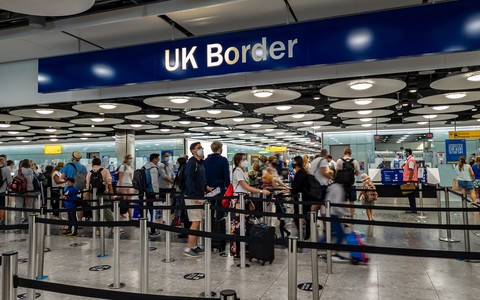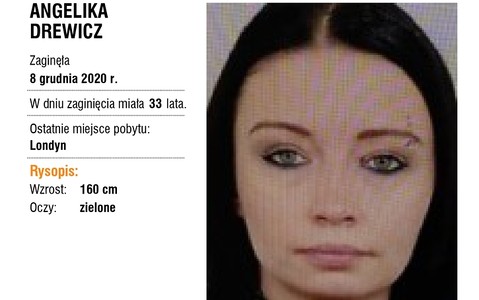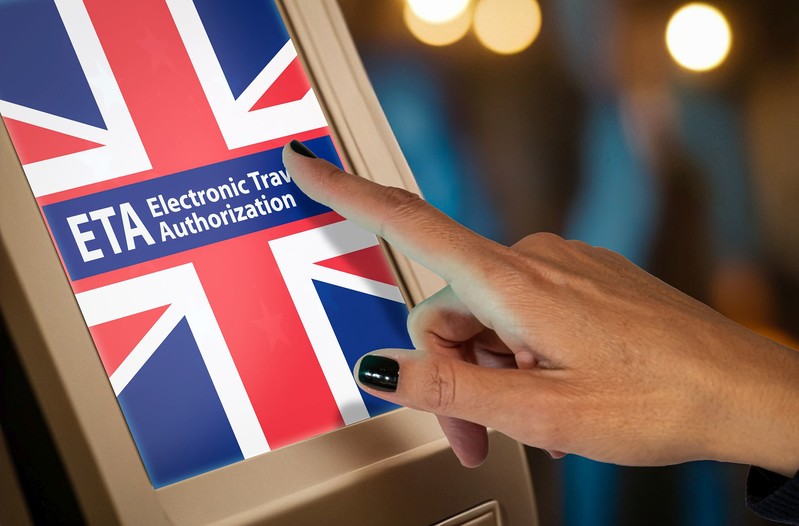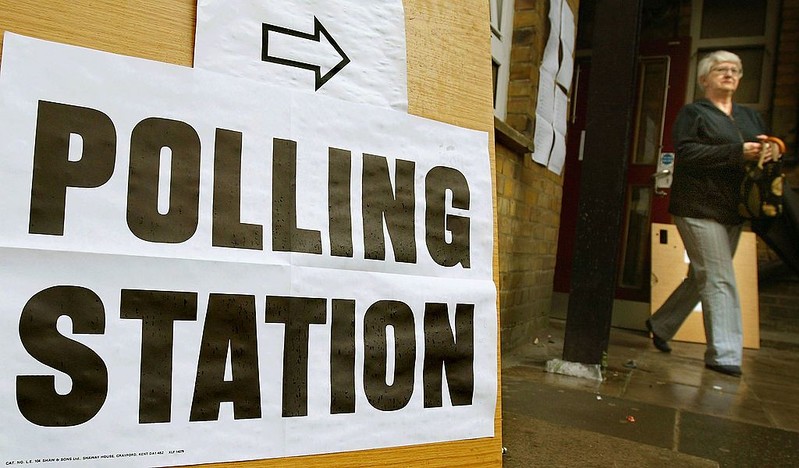UK Gambling Commission's Call to Action: Verification Systems Against Deepfakes

The regulator, which oversees gaming standards across the country, stated in an April 2025 update that the misuse of AI-generated media, such as videos and photos, poses a serious risk to the integrity of anti-money laundering (AML) and Know Your Customer (KYC) processes.
As AI tools become more advanced and accessible, the Commission is urging immediate action to shore up digital verification systems.
While this warning applies to operators licensed within the UK, the concern echoes beyond domestic borders. Even operators outside the UK regulatory perimeter, such as non-GamStop online casinos UK 2025 that are licensed offshore, are likely to monitor these developments closely.
These platforms, often regulated under international frameworks, have already implemented strict identity checks, but the evolving threat of synthetic identity fraud has made the need for heightened vigilance universal.
The UKGC’s advisory is included in a wider report on emerging risks related to money laundering and terrorist financing, released in April 2025. The Commission draws attention to the growing use of hyper-realistic deepfakes and synthetic identity fraud as tools to manipulate digital onboarding processes.
Criminals are now able to produce facial videos and ID documents that look convincing enough to deceive both human verifiers and outdated security software, posing a significant threat to standard due diligence procedures.
The risks extend beyond simple identity theft. According to the UKGC, deepfakes could facilitate a range of financial crimes, including money laundering, account takeovers, and the exploitation of vulnerable users. Given the gambling sector's dependence on digital verification, especially in remote onboarding, the Commission sees the threat as particularly urgent.
Operators are now being encouraged to revisit their risk assessments, review their internal controls, and consider investing in more advanced identity verification solutions. These include biometric authentication tools, liveness detection systems, and AI-powered fraud detection software. Crucially, the Commission emphasises that it is not enough to rely solely on third-party providers. Operators must understand how these systems work and ensure that they are capable of detecting synthetic media attempts.
Additionally, the UKGC recommends ongoing training for frontline compliance staff, who are often the first line of defence against fraudulent accounts. Operators should also ensure they are submitting suspicious activity reports (SARs) when deepfake-related fraud is suspected, using the designated reference code "0752-NECC" in the UK’s reporting framework.
The regulatory warning follows increased industry concern about the accessibility of generative AI tools. With open-source software now capable of producing convincingly fake identities within minutes, the window for criminal exploitation has widened. The Commission's guidance underlines that smaller operators, who may lack the resources to adopt cutting-edge solutions, must still find ways to stay compliant and mitigate risk, possibly through industry partnerships or shared tools.
This call to action from the UKGC is also part of a wider national effort to address the misuse of AI. Government-led initiatives such as the Deepfake Detection Challenge, supported by the Alan Turing Institute and the Home Office, are working to develop advanced tools that can reliably detect deepfakes in real-time. These cross-sector collaborations could eventually feed into industry solutions, including those in the gambling space.
While many licensed UK operators are expected to follow the UKGC’s guidance, the implication for those operating under different regulatory regimes remains open. For example, some offshore operators may not be directly bound by UKGC guidelines but still recognize the reputational and security risks of inaction. A proactive approach is likely to benefit all stakeholders, regardless of jurisdiction.
The future of identity verification in gambling will almost certainly involve a multi-layered approach: combining biometric data, behavioural analytics, machine learning, and human oversight. The goal is to create a dynamic, resilient approach to due diligence and enhance overall operational efficiency.
The deepfake threat is not merely a technical challenge—it highlights the growing dangers of deepfake technology that the gambling industry can no longer afford to ignore. This emerging risk serves as a wake-up call for operators to rethink how they protect both their customers and internal systems. While the tools used to create these deceptions are cutting-edge, the response relies on classic principles: vigilance, collaboration, and a firm commitment to integrity. With the UK Gambling Commission (UKGC) taking proactive steps and operators beginning to adapt, the path forward may be complex, but it is entirely navigable.
In conclusion, the UK Gambling Commission’s latest warning underscores the need for immediate and decisive action from all gambling operators. With the threat of deepfakes on the rise, enhancing verification procedures is not only a regulatory necessity but also a critical component of protecting consumers and maintaining trust in a rapidly evolving digital marketplace. Whether through advanced biometric systems, continuous staff training, or collaborative research initiatives, the gambling industry must rise to meet this challenge to ensure it is not compromised by the dark side of technological innovation.





























